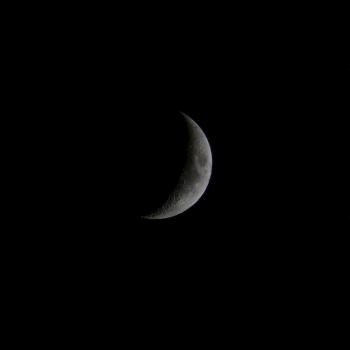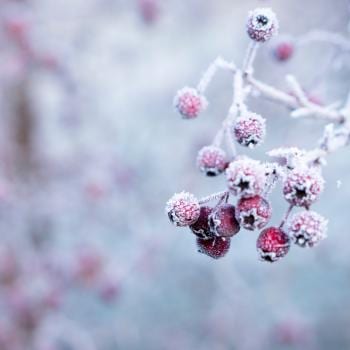[No, not the one you’re thinking of – the one that gets sacrificed, is associated with crops, etc. etc. I’m not talking about that one.]
Please be aware that the follow post is going to deal with likely very triggering topics for some readers.
There’s been a lot of discussion of sexuality, sexualization, and fetishization (especially of youth) lately. The conversation uncomfortable for a variety of reasons, one is which my incredibly hardline approach to these issues. I think rapists and sexual abusers and those who exploit children are the worst sort of scum and deserve to die. That kind of approach. These issues bring out my claws.
A post concerning the current events, though, has brought into focus something that I haven’t previously discussed, at least in any meaningful detail.
the Dierne is a rape victim.
I’m sure there are people out there who will take issue with my calling a god a victim. After all, some circles of Pagandom think that victim mentality is worse than actually victimizing another person (which is rather telling, isn’t it). Shouldn’t we focus on how he overcame the violence thrust on him? Shouldn’t we see how strong he is? Why call him a victim?*
Cause that’s what he is. He was raped. And even if, in some stories, he gets revenge – very bloody revenge – that part of him doesn’t suddenly vanish. He doesn’t get over it with the snap of his fingers. The other gods can’t fix him. They can’t rush his recovery or tinker with his mental health until he’s ‘all better’. The revenge doesn’t make the pain or horror go away.
We also identify him as a victim because he is guardian and protector to any person who has suffered sexual violence (other victims) and because focusing solely on how he ‘overcame’ his experience completely ignores that someone violated him, and that person deserves to be punished. Of this the myths and gods are very clear – crimes of consent are to be met with absolutely no mercy.
If I were to try to erase what happened to him, or to shove it off to the side, or focus only on his recovery, I would be denying people the opportunity to see themselves in their god. People who might need a deity who can relate, because that god has been through what they have been through.
the Dierne isn’t exactly a perfect role model for recovering and adjusting either. He’s associated, among other things, with heavy drinking and drug use, often self-medicating. He doesn’t follow a perfect easy road to making peace with what happened. Being deified doesn’t fix magic away his pain or trauma either. (As this story points out: “…being a god doesn’t fix anything.”) And because he doesn’t follow a perfect or clean or easy road to recovery and health, that means we shouldn’t expect ourselves or others to have easy roads either.
Our Boy-God also has connections to the struggle of youth sexuality. Self-understanding and acceptance, the exploration of the body and excitement of developing into a sexual or non-sexual person – he focuses on helping us find what excites us, sexual or not, but obviously this post is going to deal with sexuality – we need to be aware that this is not the sexualization of youth. the Dierne teaches us to love the pleasure our minds and bodies can bring us, as well as other people who we have consensual sex with. He holds in himself both the ideal – exploration and budding sexuality in a safe, healthy environment, one that is open to words like vagina, vulva, penis, foreskin, an environment where we can discuss openly what sex is like, where we communicate and learn in safety – and is at the same time the sexualized youth – the actual image of how our culture treats youth.
As with many of the spirits in the Otherfaith, they show us what could be, what is, and what may yet be if we do not change. They show us too what has been – 20’s imagery of housewives and suburbia will sometimes pop up with the Dierne in certain aspects. It’s easy to just see the cheery housewife image and forget the horrible oppression facing anyone that wasn’t a white heterosexual man. And the Dierne loves building or coopting images that spin lovely pictures only to smash them down by reminding us how life really was.
(In all seriousness, he is not a deity to go to if you like romanticizing the ‘good ol’ days’.)
the Dierne is victim, survivor, guardian, protector. And each of those is part of his divinity.
*I want to make it very clear that I am not commenting on survivors who do not like the term victim and refuse to accept that label. I am criticizing those who shame victims or survivors – I am not trying to imply that people who have gone through trauma have to identify as victims.












